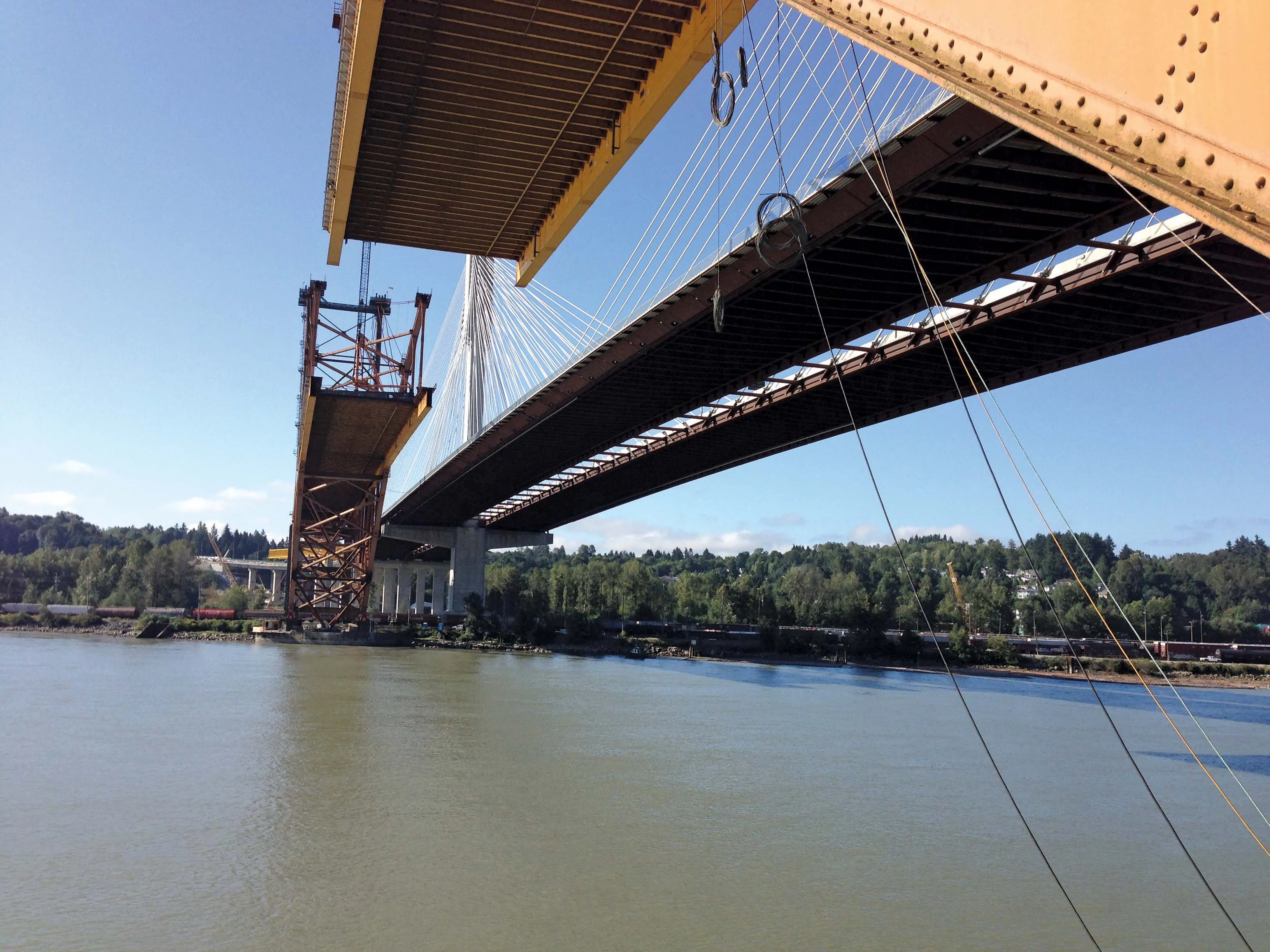A South African cyclist suffered a serious crash during a race in his country, due to an antelope’s lack of awareness of road rules. The cyclist was knocked off his bicycle by a Red Hartebeest buck, which charged across the dirt road he was riding along. The cyclist saw the animal spring from the side of the road but there was little he could do to stop. The antelope dazedly stood up following the impact and then bounded away, apparently unhurt. However the cyclist was left sprawled in the grass.
August 10, 2012
Read time: 2 mins
A South African cyclist suffered a serious crash during a race in his country, due to an antelope’s lack of awareness of road rules. The cyclist was knocked off his bicycle by a Red Hartebeest buck, which charged across the dirt road he was riding along. The cyclist saw the animal spring from the side of the road but there was little he could do to stop. The antelope dazedly stood up following the impact and then bounded away, apparently unhurt. However the cyclist was left sprawled in the grass. Footage of the incident was captured by another racer. The cyclist was taken to hospital but did not suffer any serious injuries, despite his helmet shattering with the impact and he was discharged the following morning. Meanwhile in the US a number of road cyclists suffered an embarrassing crash, which was also captured on camera. One cyclist lost control on a bend and crashed into metal barriers by the roadside on the route of the race, in Lancaster County, Pennsylvania. The peloton of riders following closely behind also became involved, with another rider hitting the barriers and one falling off as he collided with a barrier that had been thrown into the road. There were no injuries, other than bruised egos.







